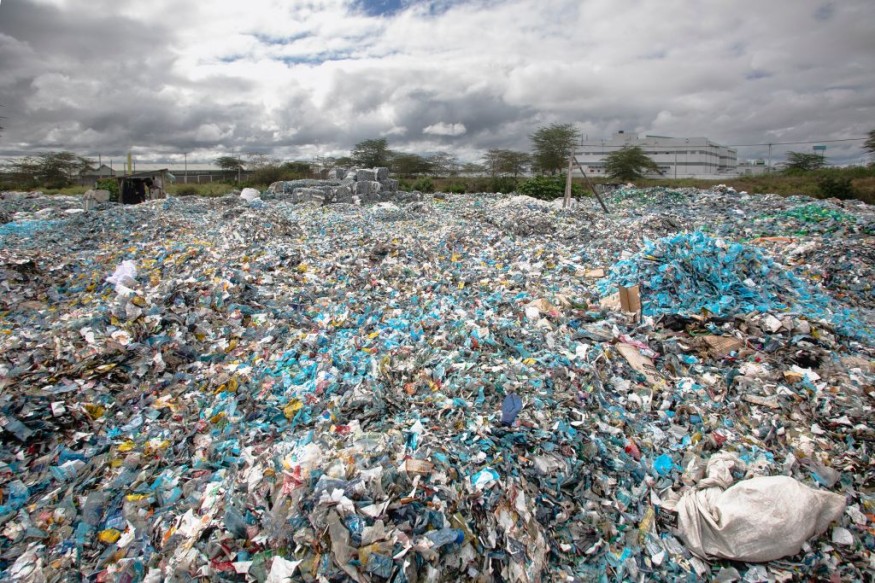
This week, 175 countries convened in Busan, South Korea, for the final round of United Nations-led negotiations aimed at creating a groundbreaking treaty to tackle the global plastic pollution crisis.
Known as the Intergovernmental Negotiating Committee on Plastic Pollution (INC-5), the summit seeks to finalize a legally binding agreement to curb plastic waste, a growing environmental and health threat.
Delegates Face Tough Decisions at INC-5
The meeting is set to conclude on Sunday, with expectations of a draft treaty that could reshape how the world produces, uses, and disposes of plastic.
The challenge is monumental. Every year, nearly half a billion tons of plastic are produced globally, with much of it polluting oceans, rivers, and lands.
According to CBS News, microplastics now permeate the food we eat and the air we breathe, while the production and transportation of plastics contribute significantly to greenhouse gas emissions. Without intervention, plastic production is projected to increase by 70% by 2040.
Delegates are grappling with contentious issues, including capping plastic production, banning toxic chemicals in plastics, and managing plastic waste. Wealthier nations and major plastic producers, such as the United States and Saudi Arabia, resist strict caps on production, citing economic impacts.
Meanwhile, developing nations, particularly small island states, are urging immediate action, as they bear the brunt of plastic pollution despite contributing the least to the problem.
Global Push to End Plastic Pollution by 2040 Faces Industry Resistance
A coalition of 68 nations, including the European Union and Canada, is advocating for an ambitious goal: eliminating all new plastic pollution by 2040, FirstPost said.
They propose global rules emphasizing circularity—designing plastic products for reuse and recycling.
However, industry representatives argue that recycling alone can manage the crisis and oppose production limits. Critics highlight that recycling efforts, which currently handle only 9% of plastic waste globally, are insufficient to keep pace with production growth.
Environmental groups demand bold measures to address the root causes of the crisis. Greenpeace and other organizations are calling for reduced production, elimination of hazardous chemicals, and protections for communities impacted by plastic waste.
They argue that without strong policies, the treaty risks becoming a tool for delaying meaningful action.
The summit has also sparked debate over the influence of fossil fuel and chemical lobbyists, who comprise the largest single delegation at the talks. Advocates worry that industry interests could dilute the treaty's effectiveness.
As INC-5 concludes, the world waits to see if nations can set aside differences and agree on a treaty that prioritizes the planet over profits. The outcome could mark a turning point in the fight against plastic pollution—or another missed opportunity to safeguard the future.
© 2026 NatureWorldNews.com All rights reserved. Do not reproduce without permission.





